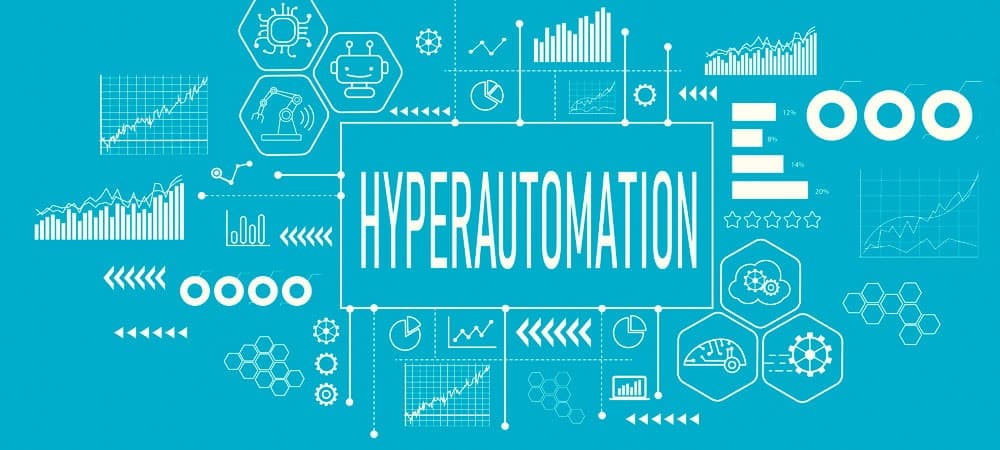At the Turning Point of Digital Transformation


The process automation market is in the phase of convergence between the various technologies and the different deployment scenarios. Anyone who wants to have a chance of surviving in the competition in the long term must use suitable automation technologies in line with the speed and agility of the digital transformation in order to reach the next business level. It is not enough to initially aim for a transformation without exploiting the potential of automation options. For automation specialists in particular, it is essential to rethink the digital transformation and to carry this new way of thinking into the companies.
Leveraging the convergence of technology
The aim is to use digital assistance systems to drive forward hybrid ways of working in the company that increase the performance of a company many times over. The hybrid way of working, which makes use of the "wisdom of the crowd" and holistically rethinks, optimizes and automates processes, will sustainably increase the customer experience at much lower cost. It is essential to use the knowledge and expertise of employees across departments and systems along the workflows and thus create added value for internal and external customers: The mix of high quality, lower costs, and the knowledge and experience of a motivated, hybrid workforce leads to a dynamization of the business.
To do this, specialized automation service providers must leverage the convergence of technology to take customers to the next level of transformation and recalibrate their processes with agile automation technologies. This means that automation service providers must align themselves even more closely with specific use cases and customer needs. For example, customers have different requirements in different areas of expertise.
While, for example, recruiting or fast onboarding are of high importance in the HR area, the resilience of supply chains and real-time information regarding delivery status can be decisive in the logistics area. In addition, customers with different levels of (automation) maturity also have different questions, requirements, and
Objectives.
For example, there are companies that have moved forward very quickly, often developing good solutions in-house or with external support, but now want to reach the next level. This may be by creating their own Robotic Center of Excellence, by making greater use of cognitive services, or by relying on external automation service providers for specialist issues.
However, dynamic automation solutions can also be implemented for customers, for example by using document under-standing solutions to ensure that input management improves the quality and usefulness of customer services and that the company can offer its customers solutions more quickly and in a more customer-oriented manner.
Automation Service Center reduces automation costs
However, many companies are also only now recognizing the value of automation solutions with quick wins and manageable effort as followers. They have moved beyond the initial POC stage and are setting up internal processes for the first time to identify many robotic solutions across the board in all areas of the company.
Companies with high cost pressure and challenging growth areas rely on factory approaches in the context of internal or external Automation Service Centers, these offer a way out by providing an easy way to automate processes without having to invest the usual fixed costs for expensive infrastructure, upfront licensing costs and high consulting costs for implementations.
For automation specialists in the enterprise environment, it is critical that they not only offer professional and proven automation and modernization solutions. Rather, they must play fluently on the entire keyboard of automation technologies, from task mining, process mining, robotic process automation (RPA) and intelligent document processing (IDP) to machine learning (ML) and artificial intelligence (AI).






